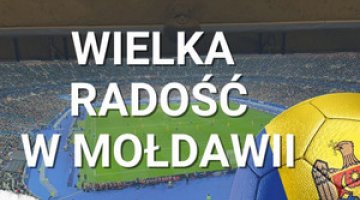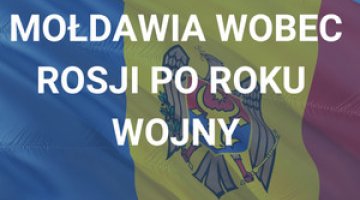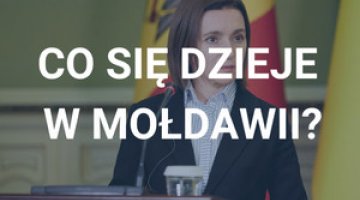Moldova: the ex pro-Russian president under house arrest
On 26 May, a Moldovan court decided to place Igor Dodon, the former president of the country (2016–2020) and a long-time leader of the pro-Russian Socialist Party (PSRM), under house arrest for a 30-day period. Dodon is suspected of passive corruption, high treason, illicit enrichment and accepting funds for his political party from a criminal organisation.
The prosecution authorities decided to arrest Dodon among others due to recordings made with a hidden camera disclosed in 2019, which recorded his meeting with Vlad Plahotniuc, an oligarch and politician and the then leader of the Democratic Party (PDM). Plahotniuc wielded de facto total power in the country in 2016–2019, and then fled Moldova in 2020. In the recording, Dodon appears to admit receiving financial support from Russia for his grouping. Both politicians also discussed the possibility of the separatist Transnistria rejoining Moldova by federalising the country (this solution has consistently been promoted by Russia). During the conversation, Plahotniuc gave Dodon a plastic bag (most likely containing money).
The former president has consistently denied having committed any crime, and says that the recording itself (which he claims was largely faked) is a provocation and revenge from Plahotniuc. Both Dodon and representatives of PSRM claim that the launch of the investigation and Dodon’s arrest are politically motivated. These moves are intended to distract the public from the country’s deteriorating economic situation (including rising energy prices and inflation, which reached 27% in April). In response to the prosecution authorities’ actions, members and supporters of PSRM organised some protests and met with the ambassadors of the USA, the EU, Russia and Turkey.
Commentary
- Putting a former president under house arrest is an unprecedented move in Moldova. In April 2020, the prosecution authorities headed by Alexander Stoianoglo, who had been appointed during Dodon’s reign, refused to investigate the case. The proceedings were initiated only on 18 May this year on the initiative of the current acting Attorney General Dumitru Robu, who replaced Stoianoglo when the latter was charged with corruption and subsequently removed from office and arrested in October 2021.
- Paradoxically, despite the criticism from PSRM, the initiation of the case against Dodon and his arrest may be beneficial for this grouping. The party may present itself as an opposition group persecuted by the authorities, whilst also distancing itself from the former president. The corruption which Dodon had long been accused of , and the scandals related to him, adversely affected the image of PSRM and were one of the reasons for its defeat in the parliamentary elections in 2021. His removal is beneficial for the young party elite who are interested in strengthening their influence.
- It seems unlikely that the proceedings against Dodon have been launched for political reasons. The charges brought against him appear to be reasonable, considering his long-term close cooperation with Plahotniuc. The decision to indict Dodon was probably taken by the prosecution authorities on their own initiative, without consulting the government or President Maia Sandu (although it is possible that she was informed in advance about the planned detention of former president). The recording of Dodon’s meeting with Plahotniuc has resounded strongly among the Moldovan public since 2019, and the clarification of this matter (along with the ongoing investigation into the theft of a billion dollars from the Moldovan banking system in 2014) is an important element of reforming the judiciary and restoring its credibility. At present it is difficult to assess how the investigation against Dodon will affect the popularity of the governing pro-European majority, which has been struggling with a fall in its approval ratings in recent months. This will largely depend not only on the final verdict, but also on whether the trial itself will be conducted effectively and transparently (and this may be difficult).




